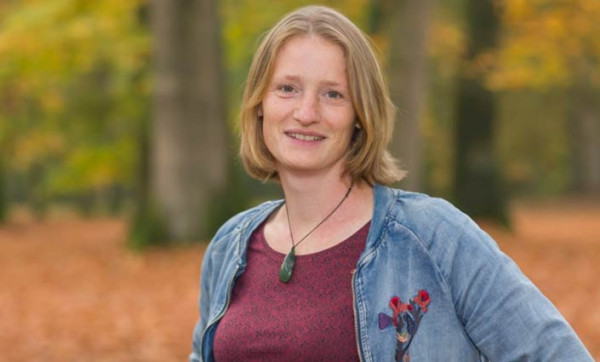Human impacts on the environment
My research platform spans several themes related to the understanding and mitigation of the impacts of human activities on the environment around us. As a quantitative ecologist, I aim to devise new methodologies, or apply methodologies from different fields, to tackle ecological problems. Through my research, I am to increase the understanding of how organisms deal with different environments, and, importantly, how we can minimise impacts of human-induced stressors (including climate change, land use change, invasive species, and pesticides).
Several of my projects are centered around light pollution as an emerging stressor. The fast-growing emission of artificial light at night is changing the night environment, which not only affects celestial observations, but also impacts the natural rhythms and behaviours of the organisms around us. Using a combination of experimental, observational, and modelling studies, I am working on better understanding these impacts, and how we can reduce these impacts, for example through well-designed lighting that considers the colour, intensity, timing and spatial distribution of the light. I am excited about working together with artists and social scientists to better understand people's attitudes and perceptions to light at night, and how we can work on creating lighting designs that work well for humans and the environment. Read more about Ellen's research here.(external link)
Ellen was interviewed for RNZ Podcast “The Detail"(external link) about her research on the effects of night light on plants and insects. Listen to the Podcast(external link).



